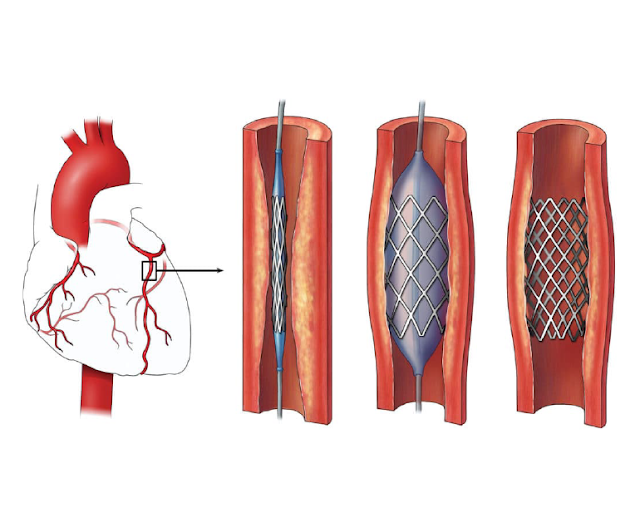Heart Disease and Electrolyte Imbalance
Electrolytes are electrically charged minerals that play a crucial role in various physiological processes within the body. Sodium, potassium, calcium, magnesium, chloride, phosphate, and bicarbonate are the primary electrolytes. Proper balance of these electrolytes is essential for maintaining the normal functioning of cells, tissues, and organs, including the heart.
Electrolyte imbalances can affect the heart and contribute to heart-related issues. Here's how some electrolytes are specifically related to heart health:
Potassium:
Role in the heart: Potassium is essential for maintaining the electrical activity of the heart. It helps regulate the heartbeat (rhythm) and ensures proper contraction of the heart muscle.
Imbalance effects: Both high and low levels of potassium (hyperkalemia and hypokalemia) can lead to abnormal heart rhythms (arrhythmias) and, in severe cases, can be life-threatening.
Sodium:
Role in the heart: Sodium is involved in maintaining the balance of water in and around cells, including heart cells. It also plays a role in the electrical signaling within the heart.
Imbalance effects: Imbalances in sodium levels can affect blood pressure and lead to conditions like hypertension, which is a risk factor for heart disease.
Calcium:
Role in the heart: Calcium is crucial for the contraction of heart muscles. It is involved in the electrical conduction system of the heart.
Imbalance effects: Abnormal levels of calcium can disrupt the normal functioning of the heart, potentially leading to arrhythmias.
Magnesium:
Role in the heart: Magnesium is involved in many enzymatic reactions and contributes to the regulation of heart rhythm.
Imbalance effects: Low magnesium levels (hypomagnesemia) can lead to arrhythmias and may contribute to cardiovascular issues.
According to Dr. Ramji Mehrotra one of the best heart surgeon in India, Electrolyte imbalances can result from various factors, including diet, medications, certain medical conditions, and dehydration. Conditions like heart failure, kidney disorders, and certain medications can also influence electrolyte balance.
It's important to note that heart disease itself can contribute to electrolyte imbalances, creating a complex interplay. For example, heart failure can lead to fluid retention and electrolyte disturbances.
If you suspect an electrolyte imbalance or are experiencing symptoms such as irregular heartbeats, dizziness, weakness, or fatigue, it's crucial to seek medical attention. Diagnosis typically involves blood tests to measure electrolyte levels, and treatment may include dietary changes, medications, or intravenous electrolyte replacement, depending on the specific imbalance and its severity. For personalized advice and treatment, it's best to consult with a healthcare professional.
.png)

Comments
Post a Comment